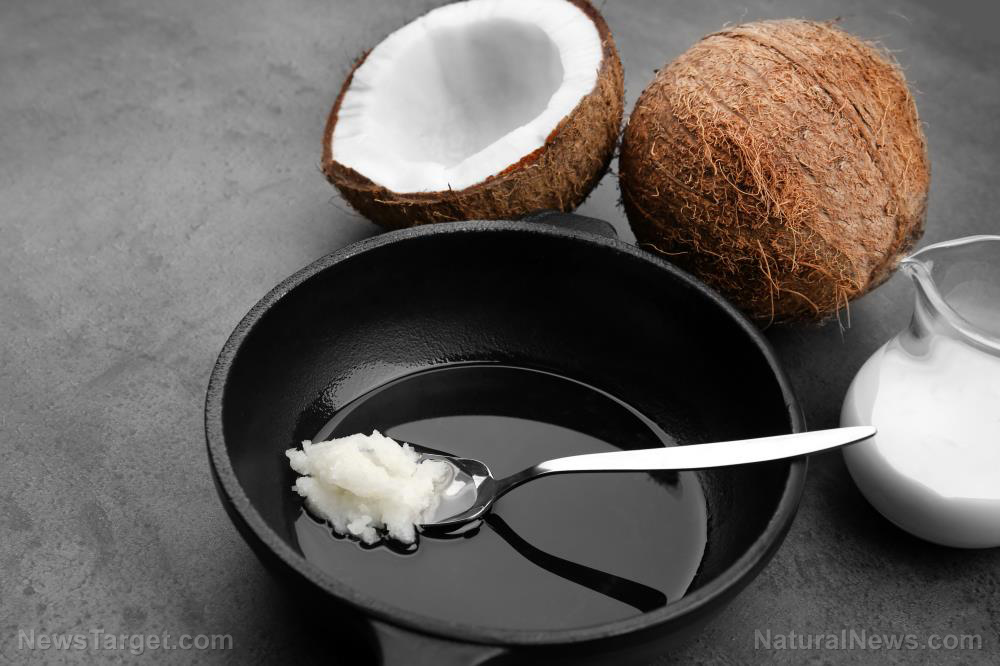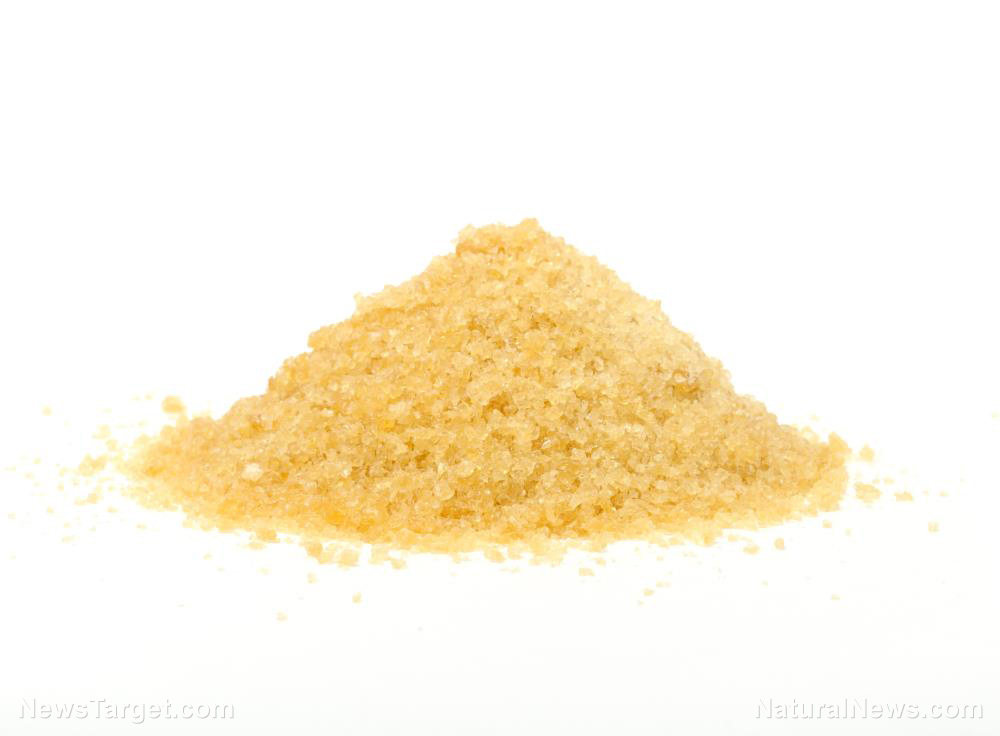The truth about fats – which ones are really good for you
12/20/2018 / By Vicki Batts

For decades, dietary fats have been slammed for everything from heart disease to diabetes. Saturated fats have born the brunt of the blame, but the truth about fat is slowly rising to the surface. Back in the 1960s, the Sugar Research Foundation (a trade group known today as the Sugar Association) paid Harvard scientists to skew their research on fat, sugar and heart disease. Ever since then, fat has been the “black sheep” of the macronutrients.
Today, research that hasn’t been tainted by industry interests shows that a certain amount of dietary fats are essential, including saturated fat — and that sugar is worse for you than ever imagined. Nowadays, consumers also need to be concerned with not just what type of fat they are consuming, but the fat’s source. For example, olive oil and canola oil are two very different beasts, even though most mainstream nutrition advice will tend to say otherwise.
The scoop on saturated fat
While conventional wisdom says that saturated fats are inherently bad for you, clog your arteries and increase cholesterol levels, there is a growing body of evidence which shows that this alleged association isn’t correct.
The British Journal of Sports Medicine published a highly controversial editorial in which a group of experts explained that saturated fat doesn’t clog arteries, and that coronary heart disease is actually a chronic inflammatory condition.
“Despite popular belief among doctors and the public, the conceptual model of dietary saturated fat clogging a pipe is just plain wrong,” the authors state.
The power of the elements: Discover Colloidal Silver Mouthwash with quality, natural ingredients like Sangre de Drago sap, black walnut hulls, menthol crystals and more. Zero artificial sweeteners, colors or alcohol. Learn more at the Health Ranger Store and help support this news site.
“A landmark systematic review and meta-analysis of observational studies showed no association between saturated fat consumption and (1) all-cause mortality, (2) coronary heart disease (CHD), (3) CHD mortality, (4) ischaemic stroke or (5) type 2 diabetes in healthy adults.1 Similarly, in the secondary prevention of CHD there is no benefit from reduced fat, including saturated fat, on myocardial infarction, cardiovascular or all-cause mortality,” they explain further.
In other words, cutting saturated fat seems to have no impact on heart health, or overall longevity. More importantly, saturated fat is essential for the health of your body — most notably, the health of your brain. Saturated fats are essential for cell repair, regeneration and other functions.
Other types of fat
Saturated fats are often lumped together with trans fats on the “bad for you” list, but the difference is that trans fats really are toxic. Trans fats are found in partially hydrogenated oils. These oils are made via an industrial process which add hydrogen molecules to liquid oils to make them more solid. Partially hydrogenated oils are widely regarded as bad for your health, with studies linking them to heart disease and diabetes, among other health concerns. While there may be some naturally occurring trans fats found in animal products, most trans fats people consume are of the industrially processed, partially hydrogenated variety, and those should certainly be avoided.
There are also fats that are widely regarded as “good for you,” like polyunsaturated and monounsaturated oils. But, not every oil is created equal. There are lots of oils that are good for you, such as olive, sesame or walnut oil — and then there are oils that are not so great, like canola or corn oil.
As Dr. Veronique Desaulniers reports, some research has also shown that polyunsaturated fats aren’t really that good for you, either. A Swedish study found that while monounsaturated fats were linked to a decrease in cancer risk, polyunsaturated fats were associated with an increase in cancer risk.
Canola oil is another such danger wrongly labeled as “healthy.” While many experts say that canola oil offers all the benefits of olive oil at a lesser expense, canola oil is a total sham. Not only is “canola” oil actually just rapeseed oil in disguise, studies have shown it may be linked to cognitive decline.
There are many great options for meeting your body’s fat requirements — but canola oil isn’t one of them. See more stories about dietary fats and learn more about what you’re eating at Food.news.
Sources for this article include:
Tagged Under: diet, dietary fats, Good fats, good nutrition, healthy eating, healthy fats, monounsaturated fat, nutrition, polyunsaturated fat, prevent disease, saturated fat, trans fat




















